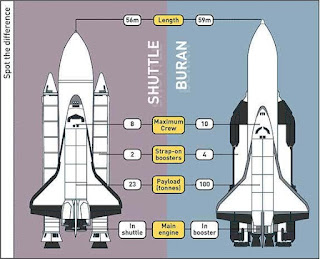https://www.spectator.co.uk/article/the-meaning-of-time
The link as per usual is to a more detailed professional review.
Most people are aware of Einstein's theory of relativity -- time is relative to your frame of reference.
An aside -- isn't it interesting that everyone seems to accept that Einstein's theory is a THEORY, even though is has been tested in a number of ways -- one being that using very accurate clocks, one "stationary" relative to the plane, and a very fast plane, it can be shown that "time" travels more slowly as "objects|" move faster.
The scare quotes are because what we "see" is not necessarily "reality". Everything we see is relative to our perspective and speed. From the perspective of the house builder, "the flat earth" is true enough, while we know that from the perspective of an astronaut on the moon, the earth is a sphere. Which is "correct"? It is a matter of perspective.
"Science" is ALL theory from a given perspective. It is as correct as the next test, or change of perspective. It is a useful tool, something only to be "trusted" within boundaries of perspective.
I find that to be the useful takeaway from the Rovelli book.
... But in physics, once we start to look at what exactly the difference is between past and future, it’s extraordinarily slippery. In the past, the universe seemed to be in a very peculiar state. Physicists use the expression ‘low entropy’. So because there was this low entropy in the past of the universe, that’s the only source of difference between the past and the future. But low entropy is itself a slippery thing because it implies a state of order!
If the difference between the past and the future is just a natural disordering of things, the question becomes: why were things ordered in the past? Who ordered them? And this is still a mystery.
It reminds me of the quote from Spinal Tap member Nigel Tufnel that is inscribed on the wall at the Stonehenge visitors center which made me laugh out loud: "no one knows who they were or what they were doing ..."
There "seems to be a natural ordering of things" ... nobody knows why, or how. Religion is often derided as "the God of the gaps" ... but so is "science", a proffered replacement for religion. The set of things we don't "know" is much larger than the set if things we at least believe we do.
Largely, Coke (religion) has been replaced with Pepsi (science), and the marketers have largely made science "the choice if a new generation".
